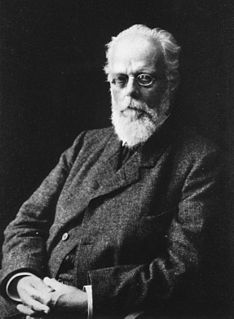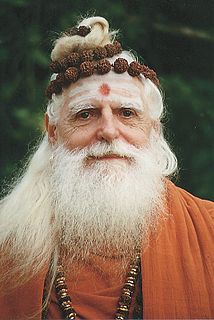A Quote by Swami Vivekananda
Related Quotes
That is again the same story played on a more subtle level. That's what the religious people have been doing down the ages - pious egoists they have been. They have made their ego even more decorated; it has taken the color of religion and holiness. Your ego is better than the ego of a saint; your ego is better, far better - because your ego is very gross, and the gross ego can be understood and dropped more easily than the subtle. The subtle ego goes on playing such games that it is very difficult. One will need absolute awareness to watch it.
Man is made for science; he reasons from effects to causes, and from causes to effects; but he does not always reason without error. In reasoning, therefore, from appearances which are particular, care must be taken how we generalize; we should be cautious not to attribute to nature, laws which may perhaps be only of our own invention.
It is thus that the generality of mankind, whose lot is ignorance, attributes to the Divinity, not only the unusual effects which strike them, but moreover the most simple events, of which the causes are the most simple to understand by whomever is able to study them. In a word, man has always respected unknown causes, surprising effects that his ignorance kept him from unraveling. It was on this debris of nature that man raised the imaginary colossus of the Divinity.
This all-pervading power is the power of divine love. It thinks. It organizes. It plans. It loves. It is the one which is the subtle of the ether, you can call it. It is the subtle of the matter. It is the subtle of your emotions. It is the subtle of your mental power. It is the subtle of your evolutionary power, but all integrated and coordinated in complete synchronization.
Upon the whole, necessity is something, that exists in the mind, not in objects; nor is it possible for us ever to form the most distant idea of it, consider'd as a quality in bodies. Either we have no idea of necessity, or necessity is nothing but that determination of thought to pass from cause to effects and effects to causes, according to their experienc'd union.




































